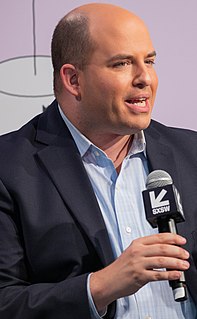A Quote by Munira Mirza
Barriers today are largely class-based - income, networks, education. And those affect many white people as well.
Related Quotes
If you're going to compare a middle-income black kid with a middle- income white kid, and, say, you control for family background, family education, and family income, and if this middle-income black kid doesn't score as well as the white kid on the test, then I say, look, you haven't taken into consideration the cumulative effect of living in a segregated neighborhood and going to a de facto segregated school. You're denying a position at Harvard or some other place to a kid that really could make it. That's why I support affirmative action that's based on both class and race.
There should be a class on drugs. There should be a class on sex education-a real sex education class-not just pictures and diaphragms and 'un-logical' terms and things like that.....there should be a class on scams, there should be a class on religious cults, there should be a class on police brutality, there should be a class on apartheid, there should be a class on racism in America, there should be a class on why people are hungry, but there are not, there are classes on gym, physical education, let's learn volleyball.
Bernie Sanders talks about socialism in Scandinavia, and he's correct to point to the huge victories the working class has won there through struggle, such as socialized medicine, free college education, and paid family leave. But if you talk to working people in Sweden or Norway today, you will find out that many of those past gains have been eroded and some virtually eliminated, including massive under-funding of healthcare and other public services and a return to for-profit systems that are unaffordable to working class people.
What sense would it make to classify a man as handicapped because he is in a wheelchair today, if he is expected to be walking again in a month, and competing in track meets before the year is out? Yet Americans are generally given 'class' labels on the basis of their transient location in the income stream. If most Americans do not stay in the same broad income bracket for even a decade, their repeatedly changing 'class' makes class itself a nebulous concept. Yet the intelligentsia are habituated, if not addicted, to seeing the world in class terms.
There are several problems with the ACA's reliance on means-based inclusion criteria and mandatory participation in exchanges - the complexity of the exchange mechanism, and the potential for income-based subsidies to become a disincentive to earn if insurance rates escalate for those beyond the income threshold.
Fifty years ago, great schools like the University of California and the City University of New York - as well as many state colleges - were tuition free. Today college is unaffordable for many working class families. For the sake of our economy and millions of Americans, we must make higher education more affordable.



































